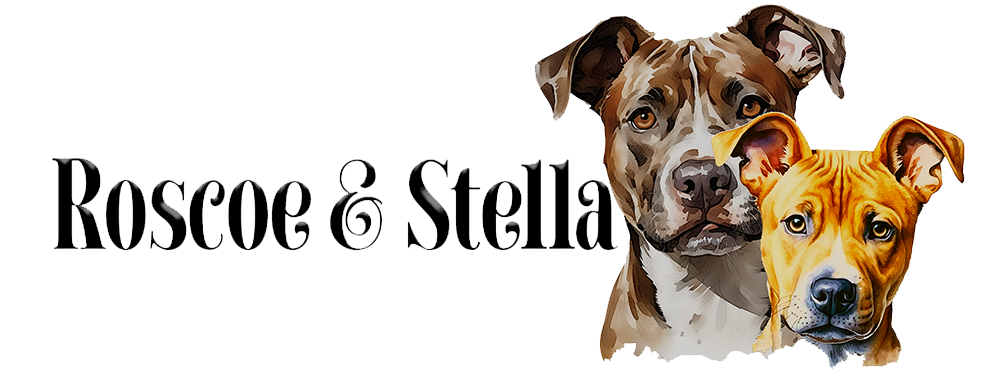Ozempic For Dogs: Should Fido Join The Weight-Loss Revolution?
By roscoenstella / March 2, 2025 / No Comments / Dog Blog
Dogs come in all shapes and sizes, from the sleek greyhound to the adorably rotund bulldog. But when your pooch starts looking more like a furry ottoman than a playful pup, you might begin wondering about weight-loss solutions.
The post Ozempic For Dogs: Should Fido Join The Weight-Loss Revolution? appeared first on Canine Journal.
